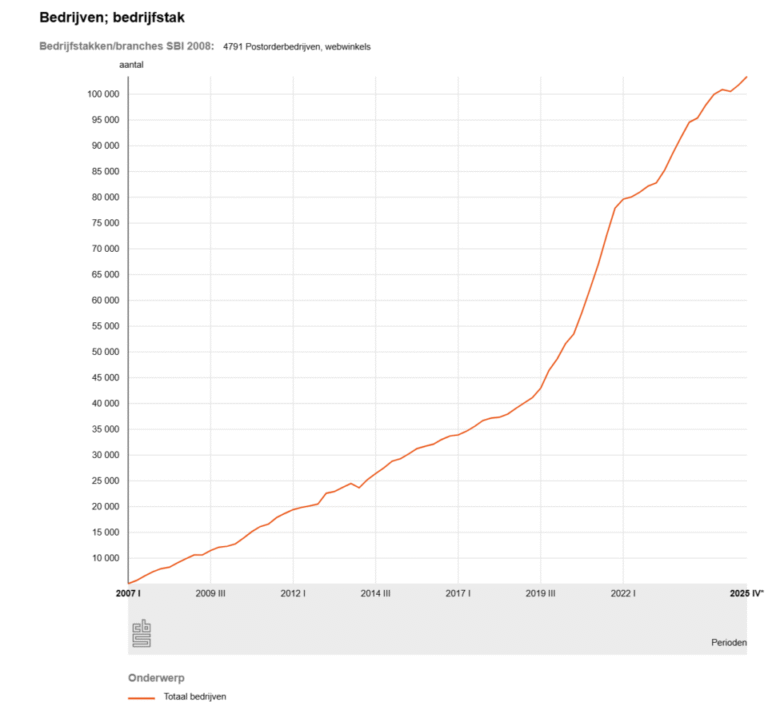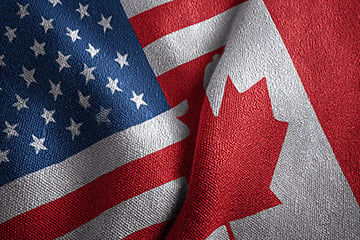
The European Parliament has adopted new proposals to manage the growing influx of substandard and unsafe cheap products into the European Union, from non-EU online stores. Currently, 12 million small ecommerce packages arrive in the EU every day. The new proposals could make checking their quality easier.
The European Parliament voted on a set of proposals, that will alleviate the current pressure on customs and market surveillance authorities, last week. Member countries of the EU have already complained about the steady influx of packages. In the Netherlands, for example, customs said that they receive three million ecommerce packages per day. And 84 percent of them do not stay in the country, but are destined for other countries in the EU.
Incentive for local warehousing
The proposals include ‘warehousing’, which means that non-EU traders will need to set up warehouses inside the EU to process client deliveries. Platforms like Amazon and Temu have already started selling within Europe from these local warehouses.
Checking bulk shipments would be easier than checking individual packages coming to the EU
This would be a helpful solution to check the safety of packages. “Checking their bulk shipments of similar goods into these EU-based warehouses would be considerably easier than checking individual packages coming to the EU from third countries”, a press release from the European Parliament says.
65% packages are purposefully undervalued
The proposals also support the removal of the current customs duty exemption for products that are worth less than 150 euros. According to previous research from the European Union, around 65 percent of packages entering the EU are deliberately undervalued to avoid paying duties.
Additionally, the Parliament is considering imposing a handling fee of two euros for individual packages from outside the EU. It wants to assess whether this amount is proportionate, and it also wants to make sure that it will not be passed on to consumers in the EU.
Funding to implement new tools
The European Parliament is also urging member states to allocate more funds to customs authorities to add AI tools and blockchain technology, as they might make checks more efficient. How the proposals will be implemented remains to be seen, as they still need to be discussed during negotiations between the European Parliament and Council.





